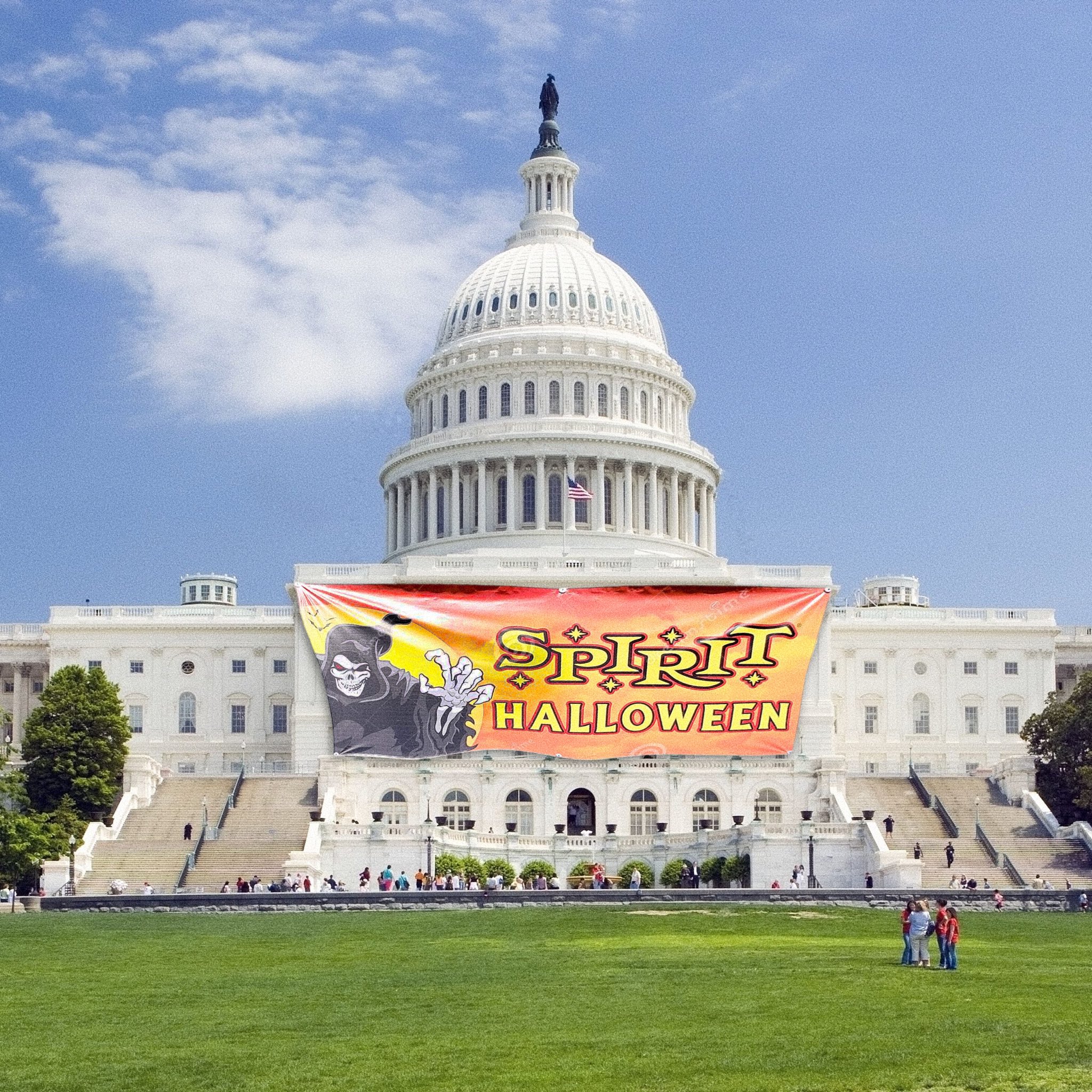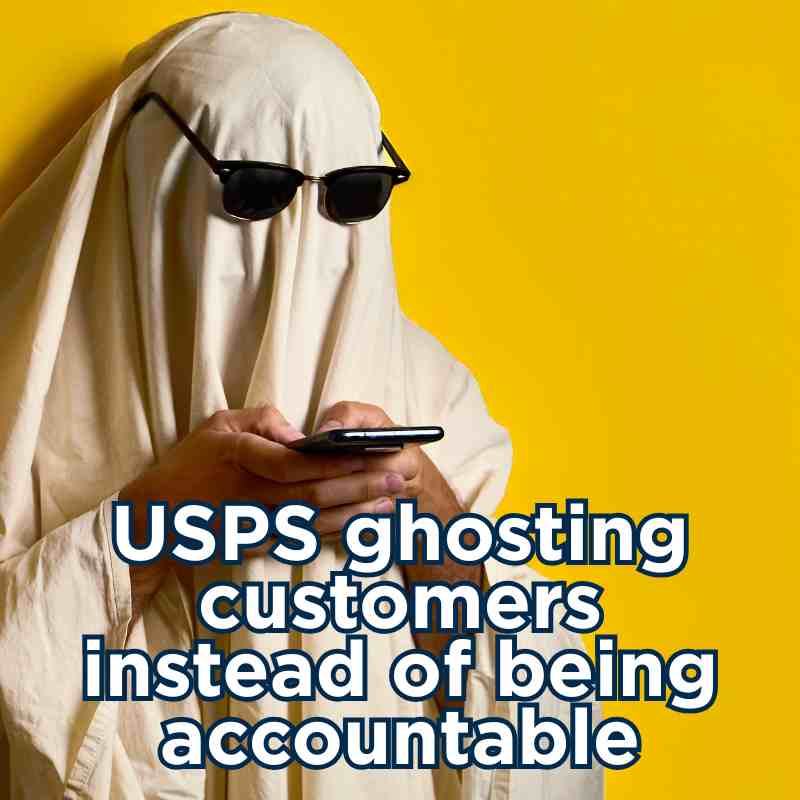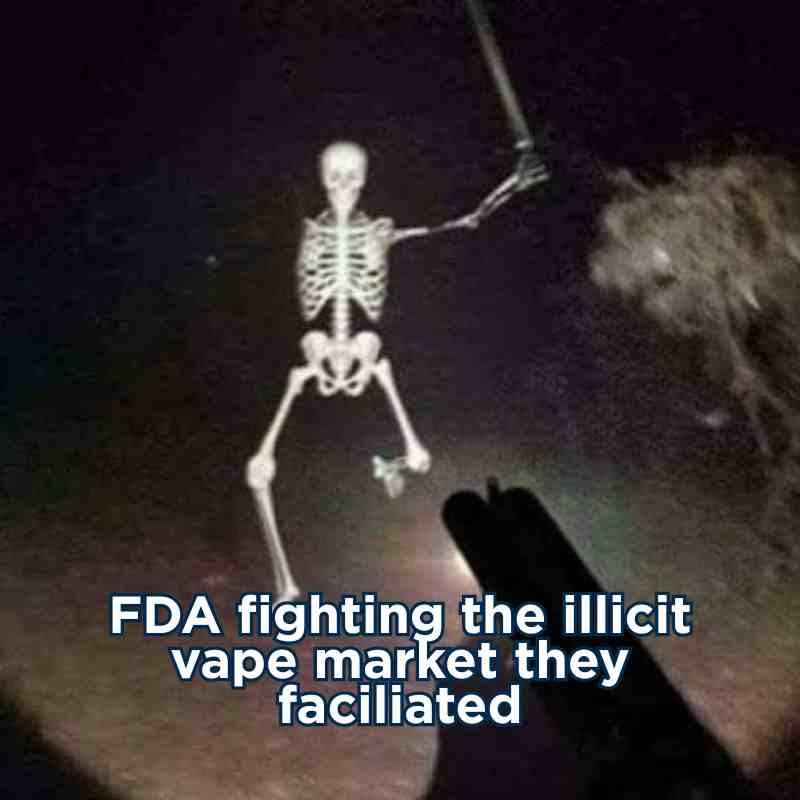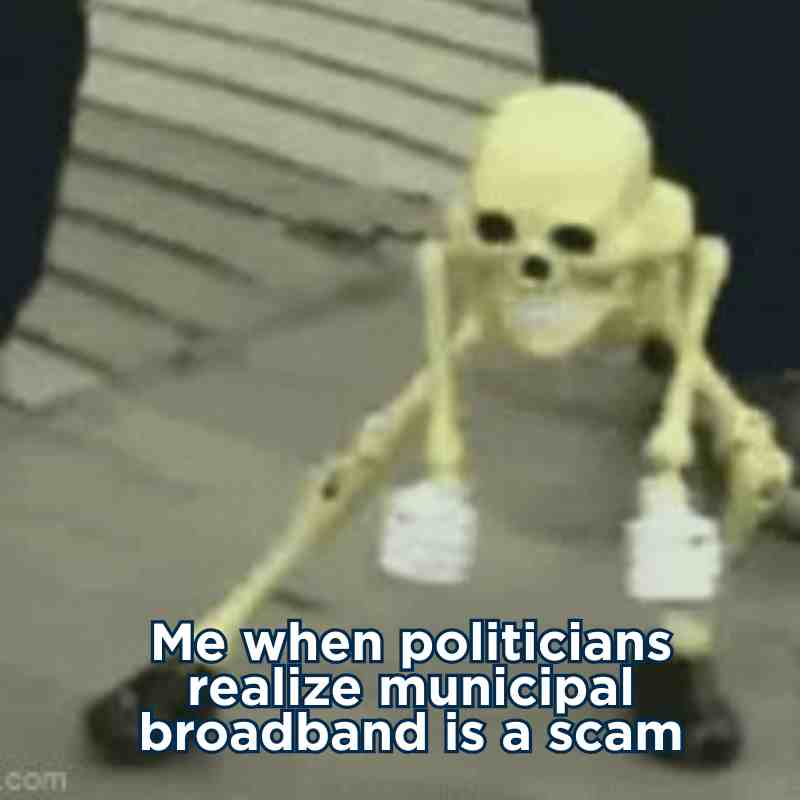
TPA Tricks and Treats 2025
Taxpayers Protection Alliance
October 31, 2025
It’s that time of year again. Washington ghouls and bureaucratic boggarts are scheming to spook taxpayers and consumers with bad policies, while a few rare treats shine through the fog. From unsightly shutdowns to witch hunts against consumer choice, lawmakers and regulators are busy turning government into a haunted house with plenty of trapdoors for taxpayers and no way to escape. And there’s nothing quite as scary as the monstrous and ever-growing $37 trillion in debt. As always, the Taxpayers Protection Alliance (TPA) is here to shine a flashlight under the bed and separate the tricks from the treats. So, grab your pumpkin bucket and let’s see what Washington has cooked up this Halloween season.


Waiting Room Wraith: RFK Jr.'s Healthcare Haunting
Department of Health and Human Services (HHS) Secretary Robert F. Kennedy (RFK) Jr. is determined to give patients a scare with bans on new innovations and restrictions on medical freedom. One especially ghoulish policy has been the Food and Drug Administration (FDA), a subagency of the HHS, approving the latest iteration of COVID-19 vaccines, but with new restrictions. Approval is now limited to seniors and younger Americans with at least one underlying health condition that increases their risk of severe COVID-19 infection. As a result, millions of Americans are forced to endure the perpetual fright of going to the doctor for a prescription (if they can even conjure up a doctor’s appointment). Americans deserve healthcare variety and easy access to products, not a one-size-fits-all scare.
Congress Casts Spooky Shutdown Specter
Lawmakers in Washington have once again played “trick or treat” with taxpayer money, letting the spooky specter of a continued shutdown loom over federal agencies. Instead of passing appropriations bills and engaging in responsible budgeting, Congress summons a parade of poltergeists — including bolstered COVID-era spending that would further bloat the $37 trillion debt — all while taxpayers foot the haunted house admission fee. The scariest part is that politicians always seem to get paid, even when the government shutters its own doors. It’s long past time for the government to reopen, and for lawmakers to summon their better spirits and engage in a long-term responsible appropriations process that prioritizes debt reduction over red ink.


Tariffs from the Crypt: 100 Percent Drug Tariffs
President Trump’s proposed 100 percent tariffs on imported medicines is a sick joke and certainly not the magic potion that the Trump administration thinks it is going to be. By skyrocketing the cost of lifesaving drugs, this crypt-keeper policy would bury competition and drive up prices at the pharmacy counter. An April 2025 Ernst & Young analysis found that a 25 percent tariff on pharmaceutical imports could raise U.S. drug costs by $51 billion a year and increase prices by as much as 12.9 percent. Quadrupling that rate will only quadruple the pain for consumers — if not more so. Taxpayers don’t need Frankenstein economics that punish the sick — they need affordable, accessible care without the graveyard markup.
FDA’s Witch Hunt Against 7-OH
The FDA continues to cast spells and aspersions against 7-hydroxymitragynine (7-OH) without solid scientific evidence to back up its restrictions. Instead of brewing up rigorous research, the agency has embraced a witch hunt approach of prohibition eerily similar to the failed ban on alcohol from 100 years ago. For all the FDA’s talk about “dark innovations” leading to a dangerous “addiction crisis,” there’s little actual evidence that 7-OH poses a danger to consumers. The “cure” of prohibition is almost certainly worse than the disease and will do little to make America or its children healthy again. Taxpayers should not have to pay for bureaucrats to stage an inquisition when Americans simply want safe and ready access to their preferred products.


Monster Mash: State-Level Laws Against AI
States are dancing to their own creepy and disjointed tune by rushing out AI restrictions that read like a goosebump-raising Halloween tale. These patchwork regulations threaten to chill expression, suffocate innovation, frighten small startups, and risk turning promising technologies into regulatory Frankensteins. For example, California and Alabama’s onerous rules against political deepfake content could silence individuals, advocacy organizations, and media publications from creating satirical cartoons and videos that convey important truths about the inadequacies (or strengths) of leading political figures. Despite advocating for these regulations, California Governor Gavin Newsom has relied on satirical images of President Trump as a way of dissenting from administration policies and bolstering his national profile. Taxpayers and consumers alike get tricked when government goblins throw shackles on AI-powered applications that could lower costs and improve services.
The Phantom Parcel: The USPS Ghosts the Public
Amid falling volumes of mail, the U.S. Postal Service (USPS) is increasingly seeing cobwebs in the growing empty spaces of its trucks. Meanwhile, America’s mail carrier is bogged down by billions of dollars in wasteful spending. Yet instead of confronting its blood-red ink, the USPS continues to make excuses and even brags about increasing the count of costly career hires. Before leaving office, former Postmaster General Louis DeJoy gloated, “We converted 190,000 employees to full career status over the past 4 years, increasing our total career employees by approximately 28,000 employees.” Yet, these hires cost taxpayers at least $2 billion extra per year. Meanwhile, taxpayers are getting ghosted by promises of reform while consumers get ghosted at their mailboxes. Hopefully, reform and accountability can breathe new life into the deeply troubled agency.


The 340B Drug Pricing Program is Frightfully Abused
This Halloween, the scary reality of rising drug prices haunts many Americans. Beware of the monstrous loopholes lurking within the 340B program, a spooky creation born in 1992 to fix the haunted aftermath of Congress’s earlier price controls on Medicaid. Pharmaceutical companies are compelled to participate, offering discounts to “covered entities” — hospitals and clinics that are supposed to serve low-income and uninsured individuals.
Boo! The Congressional Budget Office’s September 9th report reveals that instead of serving the intended patient base, the 340B program has terrorized taxpayers with an estimated $6.5 billion annually in lost Medicaid rebates, casting a ghoulish shadow over the true cost of this healthcare trick. In addition, an IQVIA study found that the 340B program has haunted the healthcare landscape with mutant growth, soaring from $9 billion in 2014 to a broomstick-defying $38 billion in 2020, a 322 percent increase. The number of covered entities has grown from 3,600 in 2010 to over 5,000 in 2020, with site locations increasing by 700 percent, turning the program into a behemoth lurking behind a well-intentioned government program.
In Spooky Twist of Regulatory Fate, FDA Forced to Solve Problem of its Own Making
As illegal and unregulated vapes creep into the U.S. marketplace, the FDA finds itself caught in a tarantula’s web of its own making. The agency is now forced to battle a seemingly supernatural surge of illicit imports from China. Instead of stifling innovation and pushing consumers toward dangerous unregulated products, the agency should embrace tobacco harm reduction and acknowledge the benefits of approving products demonstrated to be safe.
On September 10, the HHS, through the FDA and in coordination with U.S. Customs and Border Protection, announced the seizure of 4.7 million units of unauthorized e-cigarette products with an estimated retail value of $86.5 million — the largest-ever seizure of this kind. Had it not denied the vast majority of product applications, the FDA wouldn’t be in this mess of a haunted attic.
The FDA should move past its nicotine boogeyman and recognize that increased access to harm reduction products such as vapes and IQOS will keep Americans far safer and healthier than under the spooky status-quo.



The Antidote to the EU's Witches' Brew of Regulations
The European Union keeps stirring its cauldron of red tape and ever-fluid rules, most recently through the Digital Markets Act and other half-brewed legislation. It’s hard to blame innovators from staying away from this craven coven. As a recent analysis by the Information Technology and Innovation Foundation notes, “all seven of the world’s trillion-dollar tech firms are American, but Europe can claim only 28 businesses with valuations over $100 billion. … European firms raised $426 billion over the past decade, roughly $800 billion less than U.S. firms during the same period.”
Thankfully, President Trump and Vice President Vance have publicly criticized the EU’s runaway regulations and America has (so far) resisted importing this witches’ brew of anti-innovation regulation. By not following Brussels’ lead, U.S. taxpayers and consumers get a sweet reprieve from regressive and backward policies. Regulators should beware: too much eye of newt and toe of frog can spoil the whole potion and poison progress.
Congress Lets Americans Keep Their Candy Bars
In a rare moment of sweetness, Congress opted to extend President Trump’s tax cuts that left more money in the vast majority of Americans’ pockets. Not all of the One Big Beautiful Bill (OBBB) belongs in the treats stash; missed opportunities for spending reform and the imposition of harmful taxes such as the remittance tax left a bad taste in taxpayers’ mouths. However, lawmakers deserve praise for heading off a massive tax hike that would’ve haunted wallets and pocketbooks for years to come. The bill also laudably reinstated 100 percent first-year bonus depreciation, raised estate and gift tax exemption amounts, made permanent increased alternative minimum tax exemption amounts, and increased the standard deduction. This treat would be even sweeter if policymakers made real progress on reducing the debt and deficit and axed any new OBBB taxes.


Utah Shines Light on Broadband Boondoggles
Broadband consultants are fiscal vampires, leeching off the promise of taxpayer dollars to fund wasteful government-owned networks (GONs). As TPA has noted in successive GON reports, this ghastly grift only grows with time. Fortunately, Utah decided to do something about it. A new law requires Utah cities considering GONs to meet stringent public disclosure requirements and adhere to bonding standards — ensuring that any GONs are created with money that municipalities actually have. As former Utah House Speaker Greg Hughes, spokesman for NoGovInternet, notes, “The purpose of [the bill] is going into communities, to have town hall meetings to talk about some of the decisions that cities are making in real time about whether to get into the internet business or not to take out debt to be able to provide” taxpayer-funded internet. Hopefully, this sliver of sunlight is all the garlic localities need to keep the broadband boggarts away.

TPA hopes that goblins, bureaucrats, and lawmakers stay out of your way!
